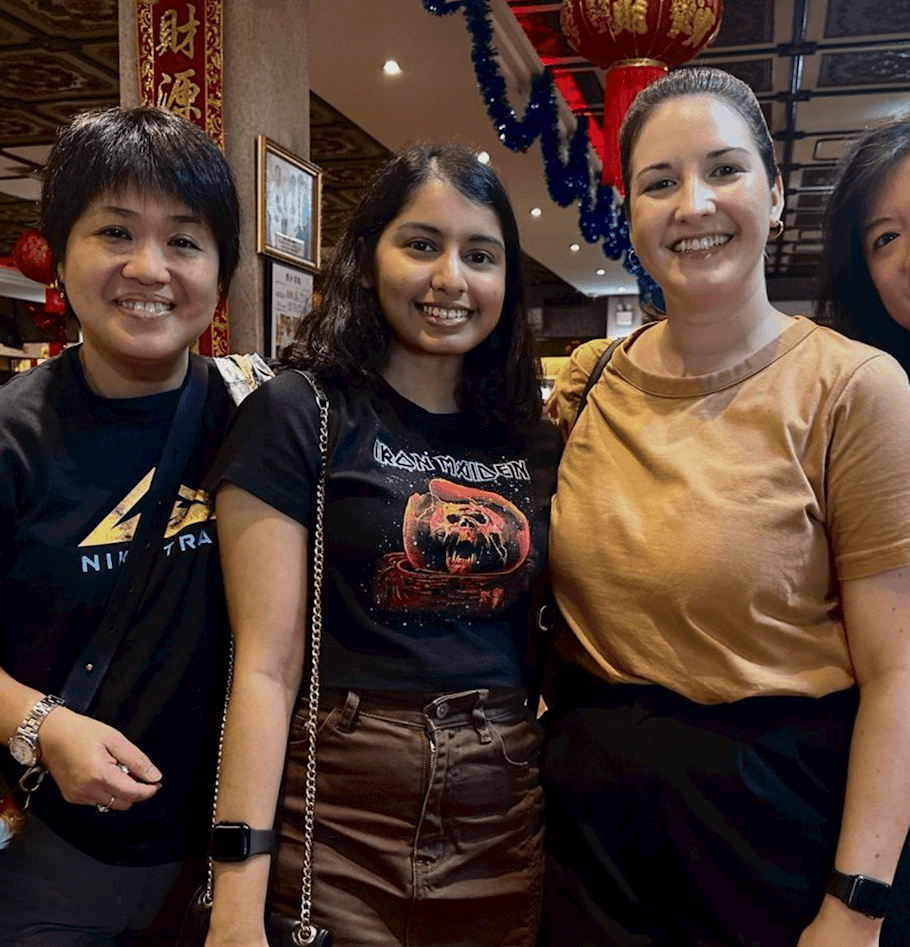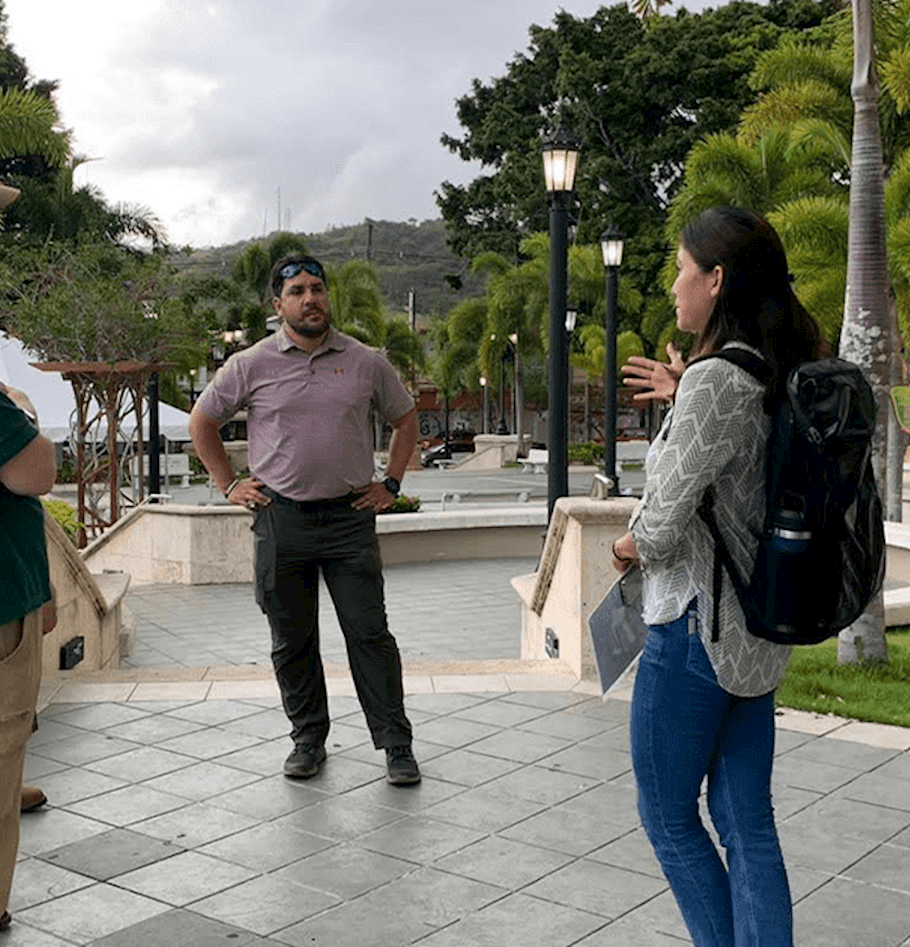Fischer Fellowship: Building future leaders
Our fellowship program supports our employees’ philanthropic and humanitarian interests with an extended three to six month compensated leave. These fellowships benefit the health & wellness of the disenfranchised, aid in combating poverty, support disaster relief, and seek to educate and empower people around the world.
Worldwide, nearly 750 million people lack access to clean water, and 3.4 million people worldwide die due to water-related illnesses on an annual basis. In my eight months abroad, we were able to reduce that number by 14,585 people via West Monroe’s Fischer Fellowship program. The Fischer Fellowship supports West Monroe employees in taking a leave of absence to volunteer for meaningful global causes – offering a portion of their salary and coverage of all volunteer-related expenses. My eight-month fellowship focused on beginning a water quality testing program, educating communities on safe drinking water, and installing water chlorination systems in rural villages, where we built community support for sustainable, long-term safe water programs.
My interest in clean water access started in 2007 when I was an exchange student in Chuquicamata, Chile with Rotary International. Chuquicamata is home to the world’s largest open-pit copper mine, which is a significant revenue source for the country, but also a significant polluter. Years before the city of Chuquicamata was condemned, townspeople knew the arsenic-laden water was dangerous. While upper-income families relied on weekly deliveries of bottled water, many low-income families had to drink from the tap. Even ten miles away, the city of Calama, Chile linked significant increases in liver cancer diagnoses to high arsenic levels in the air and water.
While living in Chuquicamata, I witnessed the repercussions of limited water access firsthand. My experience in Chile served as the foundation for my conviction that water should be a safe, accessible, and publicly available resource to all. This experience inspired and prepared me to work for clean water causes in Nicaragua 7 years later, and the Fischer Fellowship made this possible by providing the resources necessary to make an impactful change.
I spent my fellowship in northern Nicaragua in rural communities where the national government does not provide water treatment services. The responsibility for water quality and treatment falls upon local community councils, who I worked with on a daily basis. Throughout my fellowship we worked to achieve three primary goals to deliver sustainable change:
1. Teach communities that untreated water is not safe for drinking
Our first goal was to convince communities that untreated water is not safe for drinking. This required us to disprove many misconceptions – primarily the beliefs that if water is clear it doesn’t harbor bacteria, and that residents develop an immunity to waterborne pathogens over time. We began a quality testing program to measure turbidity, arsenic, and hydrogen-producing bacteria (the best field indicator for E. Coli). Our team performed water quality tests with community council members, then brought back results to share with the public. We saw a dramatic increase in interest once we were able to show the murky, mud-like test results, which indicated high levels of water contamination.
2. Educate communities on safe-water best practices
We hosted community education sessions on safe water practices, including water treatment, safe water storage, and water chlorination. A particular highlight for me was teaching sessions in local schools – the enthusiasm of students while doing water experiments and learning about water safety was contagious – a fact we relied on as we tried to convince key community members to invest in water treatment.
3. Install chlorination systems to treat drinking water sources
Once the community reached a consensus to invest in water treatment, we installed water chlorination systems. The system, the CTI-8, is a low-cost, low-maintenance, non-electrical solution that attaches to any rural community’s water tank. The CTI-8 deactivates pathogens in water systems by releasing a controlled dosage of chlorine as water flows over a solid chlorine tablet inside the unit. One tablet releases chlorine into the community’s water tank, mixing evenly with stored water while not affecting taste.
Throughout my time abroad, we worked with community leaders to install water chlorination systems that served 14,585 Nicaraguans. My colleagues at West Monroe donated nearly $11,000 to support the water quality testing program for years to come.
While the details of water management may vary by issue (conservation, AMI deployment, treatment technologies, lead pipes, distribution system leakage, watershed management, etc.) this fellowship demonstrates that community buy-in is a critical component to water resource management. So often the work of water utilities - delivering safe and high-quality water treatment - is undervalued by communities. Community support is a critical success factor in water resource programs, and I am passionate about effectively engaging communities as stakeholders in our water ecosystem.
My deepest thanks go to Dean Fischer and the friends, colleagues, and clients who supported me throughout this fellowship – this work would not have been possible without you! I am so grateful to have had the opportunity to improve clean water access and work for a cause that directly protects public health and saves lives. The value of safe drinking water is priceless - thank you for helping make this fellowship a success!

